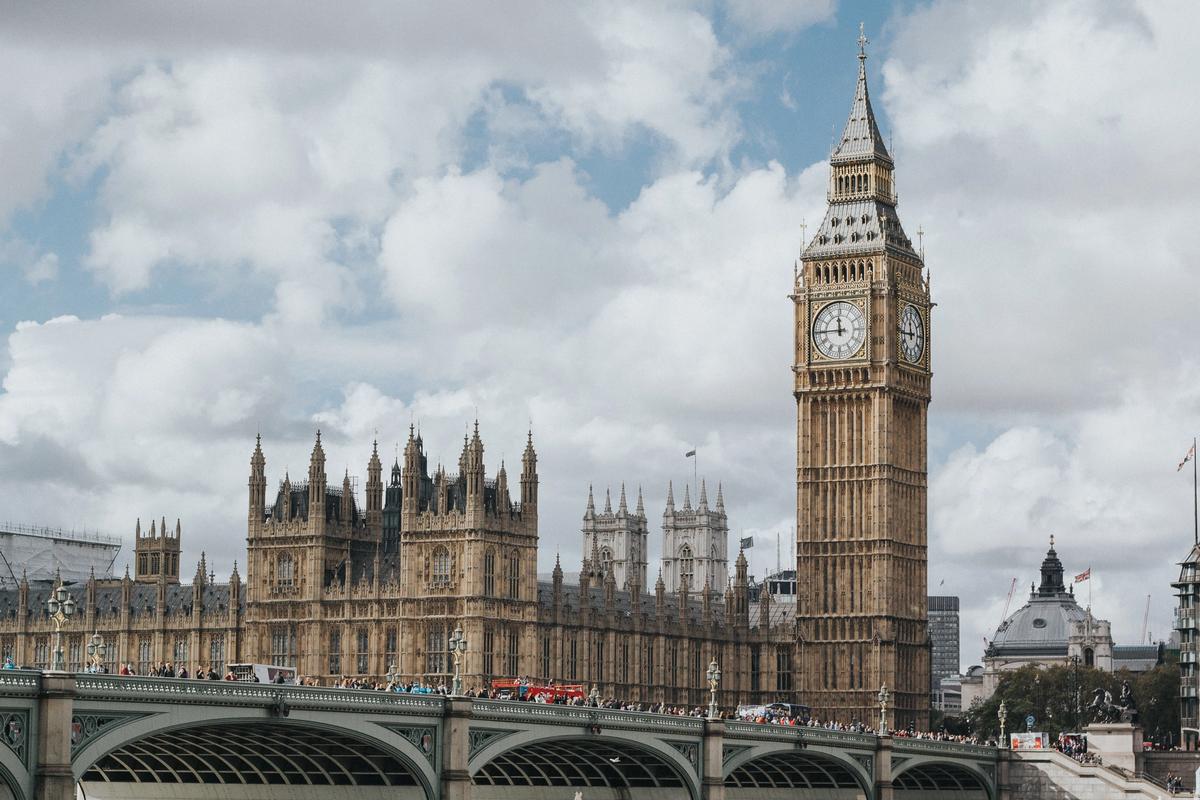Brexit is being presented as a beacon of hope for fishers. Many in coastal communities are looking to Brexit to lift them out of the economic hardship in which they feel trapped. But modelling from the New Economics Foundation has shown that without action, Brexit risks creating as many ‘losers’ as ‘winners’ across the diverse UK fishing fleet.
The Fisheries Bill alone won’t solve all the issues, but it is an opportunity to improve the way that UK fisheries management is enshrined in law – correcting long-standing failings that have contributed to a sense of grievance in fishing communities. This report sets out 4 key priorities for the bill:
- An explicit requirement for ‘ecosystem-based fisheries management’, as part of a joined-up approach across all policy to ensuring the health of the sea.
- A new ‘quota reserve’ system: this would set aside a percentage of quota (especially any new quota that comes the UK’s way after Brexit), and allocate it as an incentive to deliver on public goods – environmental and social goals – and helping new, low-impact fishers establish themselves in the industry.
- A process of ‘quota reallocation’, ensuring that those fishers currently left out of the system receive a quota share that is both fair and viable. The Bill should also expand the geographical remit of Inshore Fisheries and Conservation Authorities (IFCAs) from the current 6 miles to 12, to allow for local solutions to unique environmental challenges along our coast.
- A review of the support available for the industry and institute a new ‘landings tax’ for fisheries management, differentiated to incentivise boats to land in UK ports.
This briefing was originally published by the New Economics Foundation here.

